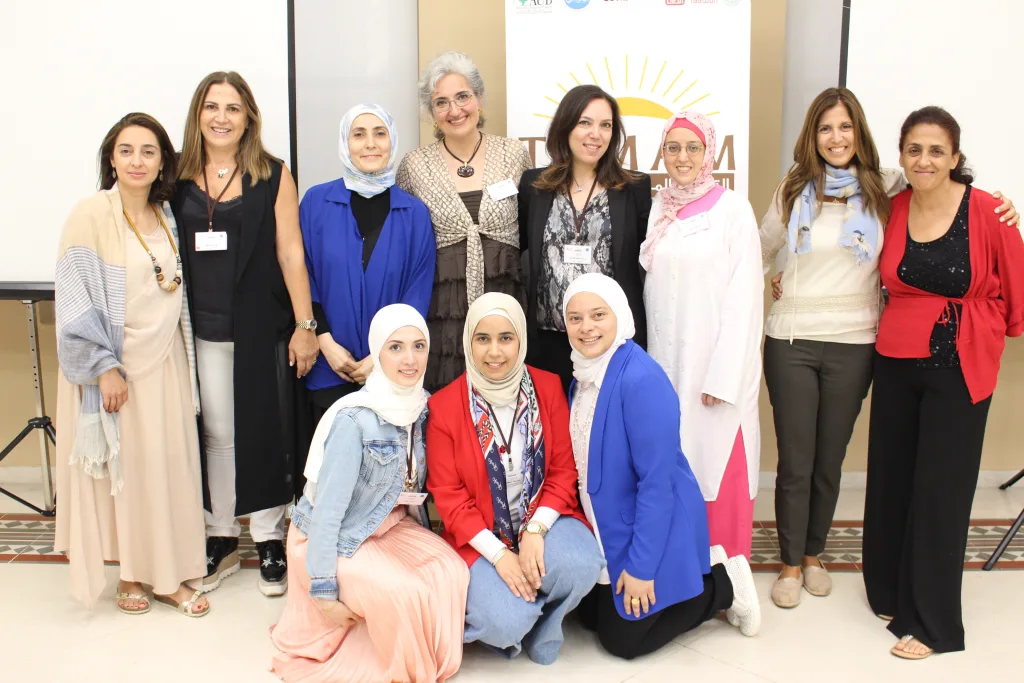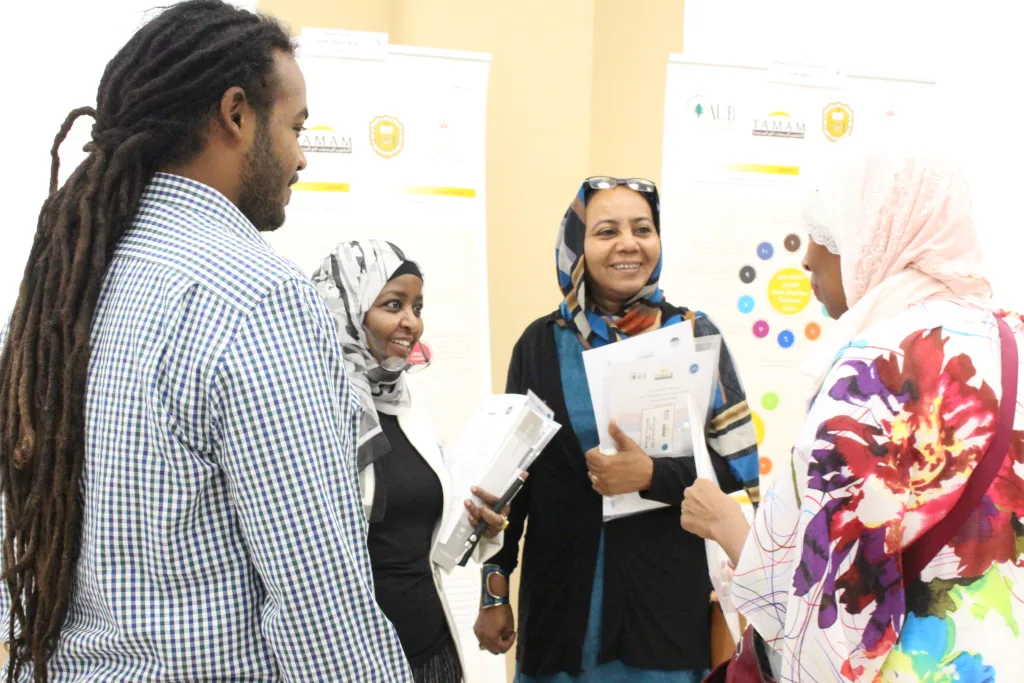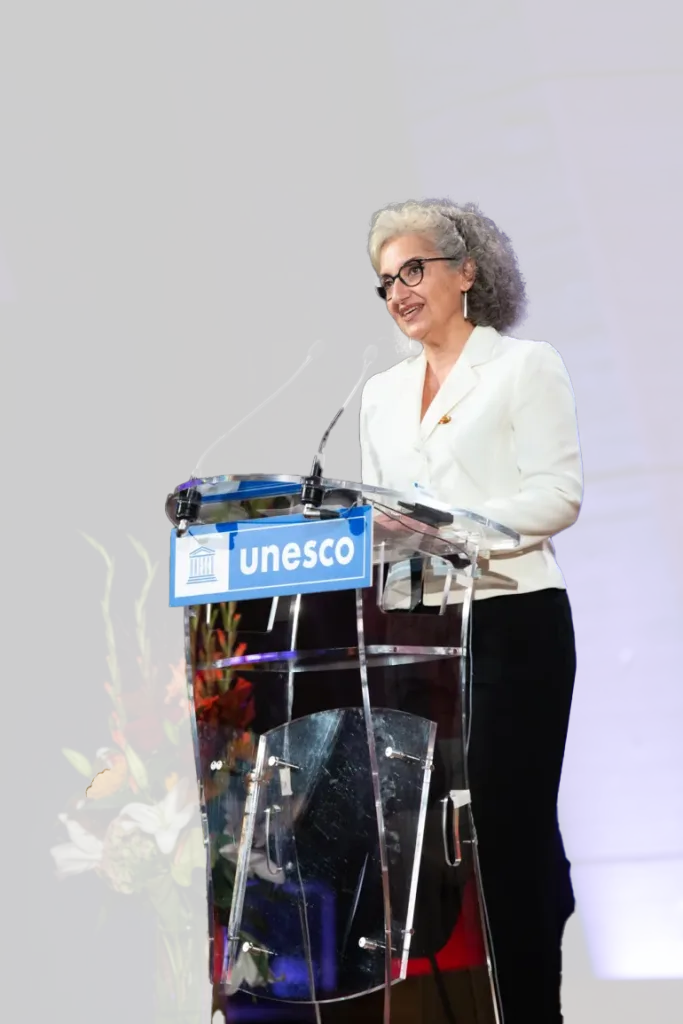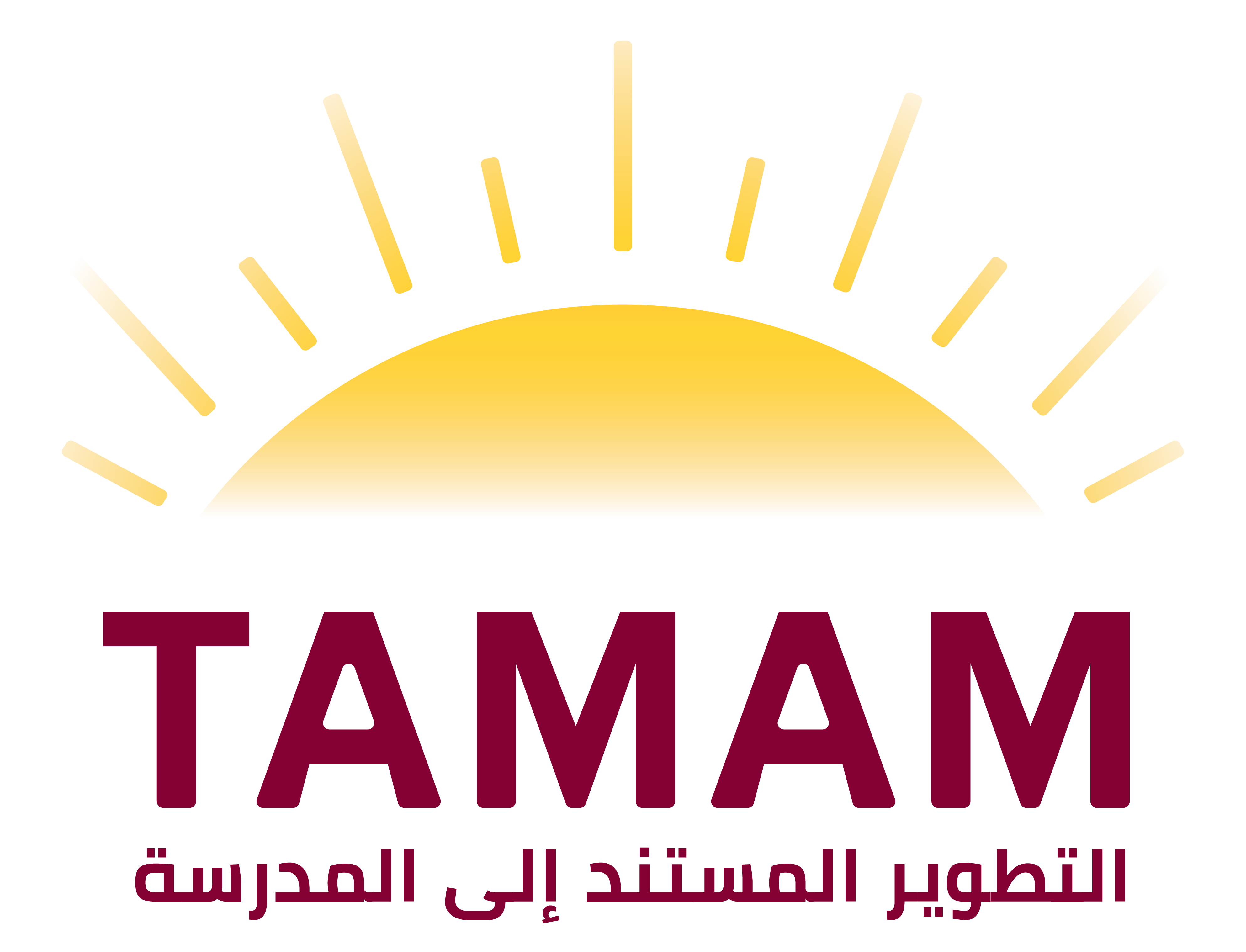محام وشريك مؤسس في مكتب رشيد فهمي كرامي للمحاماة والإستشارات القانونية. محكم ووسيط دولي معتمد لدى عدد من المراكز المحلية والعالمية. مدرب معتمد على الوساطة والتحكيم لدى نقابة المحامين في طرابلس ومركز التسوية الفعالة للنزاعات– لندن ومعهد المحكمين القانونين. وضع وشارك في العديد من الدورات التدريبية المحلية والدولية المتعلقة بالوساطة والتحكيم. تولى وضع عدة مشاريع قوانين أبرزها مشروع قانون الوساطة المعتمد من نقابة المحامين في طرابلس والمناقش حالياً أمام اللجان النيابية المختصة. كما تولى وضع قواعد مركز الوساطة والتحكيم في نقابة المحامين في طرابلس. بالإضافة الى إعداد عدد من الدراسات القانونية والمتعلقة بالوساطة والوسائل البديلة لحلّ النزاعات. خبير سابق في الوساطة لدى مؤسسة التمويل الدولية. مستشار وزير الشؤون الإجتماعية لشؤون المرأة والطفل والمشرف على خطة وزارة الشؤون الموضوعة لحماية المرأة والطفل والموقعة مع الـيونيسف. عضو في جمعية بيت التدريب والحوار





TAMAM is an educational Movement in the Arab region that initiated in 2007 as part of a memorandum of understanding between the Arab Thought Foundation (ATF) and the American University of Beirut (AUB).
TAMAM’s name derives from its purpose: it is an acronym from the initials of the Arabic translation of the phrase “school-based reform” [Al-Tatweer Al-Mustanid ila Al-Madrasa]. In Arabic means good or perfect

Vision
TAMAM is an educational Movement in the Arab world that promotes transforming schools into self-renewing institutions, with broad based leadership capacity for change working in a concerted effort through strong partnerships with research universities, policy-makers and community members toward enhancing the transformative role of schools to graduate the next generation that leads innovation and change in their society.
“TAMAM’s vision encompasses a vision for students, educators, and self-renewing schools”.
Join our Movement




Press and Media
{"cpt":"blog","style":"3","columns":"1","show":"6","order":"DESC","orderby":"DESC"}
Thursday
25 - Jul - 2024
A special integrated session for academic researchers presented in English titled “Towards Partnerships for Contribution to Global Educational Knowledge ProductionThe TAMAM Research Program: Towards Partnerships for Contributing to Global Educational Knowledge Production” on 10/2/2024.
To read more about this event, you can visit the…
Thursday
25 - Jul - 2024
A session titled “TAMAM Networking Initiative among Schools in Jordan: A Professional Partnership for the Development of Arabic Language Education ” on 10/2/2024.
To read more about this event, you can visit the…
Thursday
25 - Jul - 2024
An opening speech titled “TAMAM as a Research Lab: Establishing Partnerships between Practitioners and Educational Researchers to Support Research and Development”” on 11/2/2024.
To read more about this event, you can visit the…
Saturday
17 - Aug - 2024
